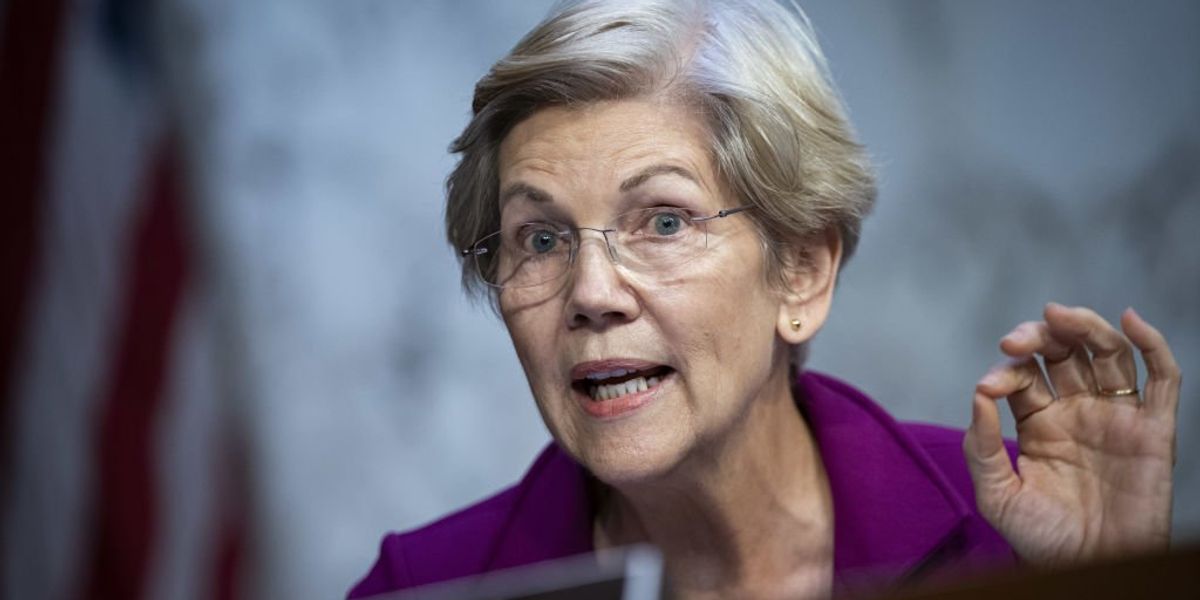Elon Musk and Tesla are raising concerns about a recent legislative move that could impact America’s energy landscape. The focus is on the House-passed reconciliation bill, which aims to phase out tax credits for clean energy production. Musk has been vocal, pointing out that the bill does not alter existing tax incentives for the oil and gas industries, which he sees as an imbalance in energy policy.
Tesla took to social media, specifically X, to express their stance clearly. They urged the Senate to rethink the repeal of clean energy tax credits, which were part of the 2022 Inflation Reduction Act under President Biden’s administration. This act was originally designed to bolster green energy initiatives, a move that Tesla believes is crucial for sustainable development.
Critics of the bill argue that removing these incentives could slow down the progress of renewable energy sources. Conservatives, however, often stress the importance of a balanced energy policy that includes traditional energy sectors. They believe that phasing out these credits could lead to a more level playing field in the energy market.
Elon Musk’s decision to step down from his position as the head of the Department of Government Efficiency (DOGE) aligns with his dissatisfaction with current policies. His departure comes as his tenure comes to a close, marking a significant shift in his involvement with governmental affairs. Musk’s recent comments have added fuel to the ongoing debate about energy policy in the United States.
The move has sparked discussions about America’s energy independence. Conservatives often emphasize the need for the country to rely on its resources rather than foreign energy supplies. By retaining tax incentives for oil and gas, they argue, the U.S. can maintain a strong footing in the global energy market.
Tesla’s statement on X reflects a growing concern among clean energy advocates. They fear that without these tax credits, the momentum gained in the renewable sector could be lost. This concern resonates with many who see the transition to clean energy as vital for the future.
Fox News and the New York Post have also covered the story, highlighting the potential repercussions of the bill. They report that supporters of the legislation believe it could streamline government spending. However, opponents see it as a step back in the fight against climate change.
Newsmax adds to the conversation by pointing out that the debate taps into broader issues of government intervention in the market. Some argue that the government should not pick winners and losers in the energy sector. This perspective aligns with traditional conservative values of free-market economics.
The discussions around this bill are indicative of the larger ideological battle over energy policy. While some push for more government support for clean energy, others advocate for letting the market decide. This ongoing debate reflects the diverse views on how best to achieve energy independence and environmental sustainability.
As the Senate considers the reconciliation bill, stakeholders from various sectors are making their voices heard. Business leaders, policymakers, and environmentalists are all weighing in on the potential impacts. Their differing opinions underscore the complexity of crafting energy policy in today’s political climate.
Tesla’s call to action on social media is part of a broader effort to influence legislative outcomes. By engaging directly with the public and policymakers, they hope to sway opinions in favor of maintaining clean energy incentives. The outcome of this legislative battle remains to be seen, but it is clear that the stakes are high.
The conversation around energy policy is far from over. As the nation grapples with questions of sustainability and economic growth, these debates will continue to shape the future. The positions taken by figures like Elon Musk are pivotal in steering these discussions.
This issue highlights the crossroads at which America finds itself regarding energy policy. The choices made today will have long-lasting effects on the country’s energy independence and environmental health. Stakeholders from all sides remain deeply invested in the outcome.
The reconciliation bill represents a significant moment in the ongoing discourse on energy. As the Senate deliberates, the nation watches closely. The decisions made will reverberate through the energy sector and beyond.
In the end, this legislative effort is more than just a policy decision; it’s a reflection of America’s values and priorities. The direction chosen will speak volumes about the nation’s commitment to balancing economic growth with environmental stewardship. All eyes are on the Senate as they navigate this crucial decision-making process.



